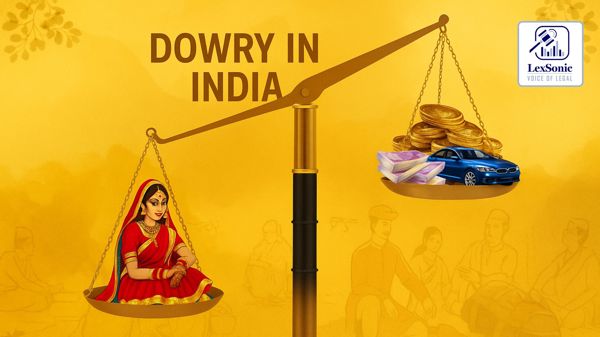Recalibrating Justice: Supreme Court’s Overreach in Pre-Arrest Bail Conditions Rejected
02 August 2024
Bail and Antcipatory Bail >> Criminal Law | Criminal Appeals & Suspension of Sentence >> Criminal Law | Dowry death >> Criminal Law
In the intricate dance of the legal system, especially in matters of personal liberty, the balance between justice and practicality is crucial. Recently, a case of Sudeep Chatterjee vs The State of Bihar & Another involving a matrimonial dispute highlighted a critical issue: the imposition of onerous conditions for pre-arrest bail. The High Court of Judicature at Patna's decision to impose such conditions faced scrutiny, ultimately leading to a pivotal judgment that underscores the need for fair and reasonable bail practices.
Case Background:
The case in question revolved around a complaint registered against the appellant, alleging offenses under Section 498A of the Indian Penal Code and Section 4 of the Dowry Prohibition Act. Initially, the Sessions Judge denied the appellant's anticipatory bail application, prompting an appeal to the High Court. The High Court granted provisional bail but attached conditions that raised significant concerns.

The Controversial Conditions:
The High Court’s order mandated that both parties file a joint affidavit affirming their willingness to reconcile. Furthermore, the appellant was required to undertake a commitment to meet all physical and financial needs of the complainant. The bail was conditional upon the appellant’s compliance with these requirements and his surrender before the lower court within a specified period.
Legal Repercussions and Analysis
This case brings to light the tension between judicial discretion and constitutional safeguards. Drawing on landmark judgments like Shri Gurbakash Singh Sibbia v. State of Punjab, the court emphasized that bail conditions must align with statutory provisions and not impose unreasonable barriers. Section 438 of the Criminal Procedure Code (Cr.P.C.) guarantees anticipatory bail to those who may face arrest, and the principles governing it call for conditions that ensure compliance without being impracticable.
In Parvez Noordin Lokhandwalla v. State of Maharashtra, the court highlighted that conditions should be proportional to the purpose of securing the accused’s presence and ensuring a fair trial. Onerous conditions, as seen in the High Court’s order, could undermine the very essence of pre-arrest bail, which is to avoid unnecessary deprivation of personal liberty.
The Judgment's Implications:
The appellate court, upon reviewing the High Court’s conditions, deemed them excessive and impractical. The directive for the appellant to fulfill extensive physical and financial commitments was overturned. Instead, the bail order was upheld but revised to exclude these onerous stipulations. This decision reaffirmed the principle that bail conditions should facilitate reconciliation and respect the accused's fundamental rights while ensuring fair trial procedures.
Moving Forward:
This judgment is a critical reminder of the need for balanced and just bail conditions. It underscores the importance of aligning judicial orders with the principles of fairness and practicality, especially in sensitive matrimonial disputes. By rejecting excessive conditions, the court reaffirms its commitment to preserving personal liberty and ensuring that justice remains both equitable and achievable. In the broader context, this case serves as a precedent for future judicial considerations, reinforcing the need for bail conditions to be both reasonable and supportive of the judicial process. As the legal landscape evolves, it is essential that courts continue to navigate these issues with an eye towards fairness, justice, and the protection of individual rights.
Code of Criminal Procedure, 1973
